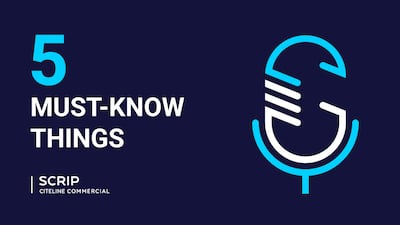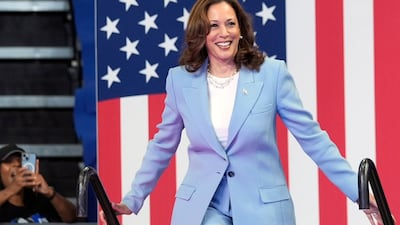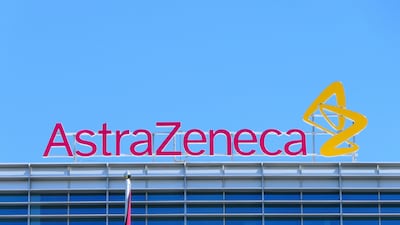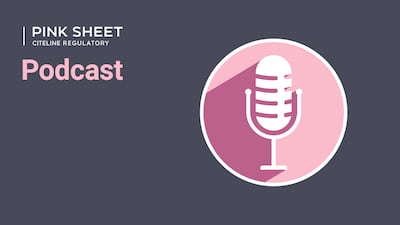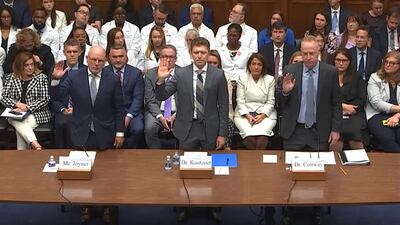Pricing Debate
Industry says it is ready to work with the government on the recommendations from a major review of Australia’s health technology assessment system that covers areas such as discount rate reductions and setting up a separate budgetary allocation to temporarily subsidize access to certain drugs.
In this week's podcast edition of Five Must-Know Things: CMS’s price reveal better than expected?; new diabetes risk data for Zepbound; can J&J’s lung cancer combo stand up to Tagrisso?; new recruits for BioMarin leadership; and Glenmark’s shifting revenues.
Neither Kamala Harris nor Donald Trump mentioned drug pricing reforms in their presidential convention speeches.
Off-patent industry groups in the US have raised questions about why Stelara is included on the list and if CMS’ projection can match up with estimated savings that could be generated traditionally by generics and biosimilars.
Congressional Budget Office responses to questions from US lawmakers on pharmacy benefit managers could add to the momentum for PBM reforms to go further than the current leading proposals.
The first round of US government drug price negotiations resulted in prices for 10 drugs that will lower aggregate net spending by 22%
A Japanese approval for Lilly's Alzheimer's drug donanemab is expected soon following a positive recommendation from the MHLW. The ministry has also announced reimbursement prices for 12 new products including Fabhalta, along with price cuts for Tezspire, Dupixent and competitors following a review.
It appears that the complexity of dealing with older products under the VPAG is the main cause of delays at the health department in sharing reference prices with pharma companies.
Sanofi, Alexion and Eli Lilly argue for changes in England’s health technology assessment and medicine pricing processes that could help patients to access more medicines.
Another House hearing again showcases the bipartisan desire to enact reforms to the US pharmacy benefit management sector. Legislators also sound ready to push for more significant actions than “transparency” measures would promise, but that means waiting until 2025.
Since 2019, 91 health technology assessments have been terminated by England’s NICE because companies withdrew their applications or did not submit evidence. In the first of this three-part article series, pharma firms share their reasons for opting out of the process.
The cost effectiveness watchdog claims AstraZeneca and Daiichi-Sankyo have not offered a fair price for use in the larger HER2-low setting.
Editors from the Pink Sheet and Medtech Insight discuss the retirement of Jeff Shuren, PBM executives again appear unscathed after another Capitol Hill appearance, and the growing push to ensure the FDA’s rare pediatric disease priority review voucher program is renewed.
The CDC’s ACIP again punted a decision on whether to make a pneumococcal vaccine available to all adults 50 and older amid concerns over cost and equity tradeoffs, as well as unknowns about the length of vaccine protection.
Second generation combination products may become more appealing as companies navigate the complexities of the Medicare price negotiation program.
The House Oversight Committee held its third hearing on pharmacy benefit manager reforms in 14 months, but could not elicit an admission from executives that they are responsible for increasing drug prices.
A number of diabetes drugs are also expected to be targeted in the next cycle of the price negotiation program, led by Novo Nordisk’s Ozempic.
But the overall impact of the Supreme Court decision may not seem as “immediate” in 340B compared to other federal programs.
Akebia says its price for Vafseo at about $15,500 per year, meant to reflect its potential value in dialysis as well as eventually in non-dialysis patients.
A new act in Germany does not go far enough to address the deeply unpopular “guardrail” link between Amnog benefit assessment ratings and price negotiations, which can deter companies from launching.
ADVERTISEMENT

